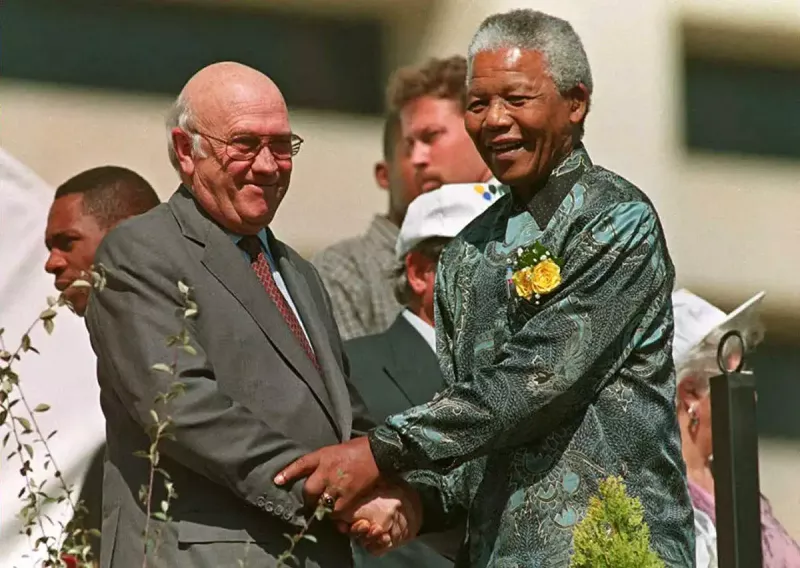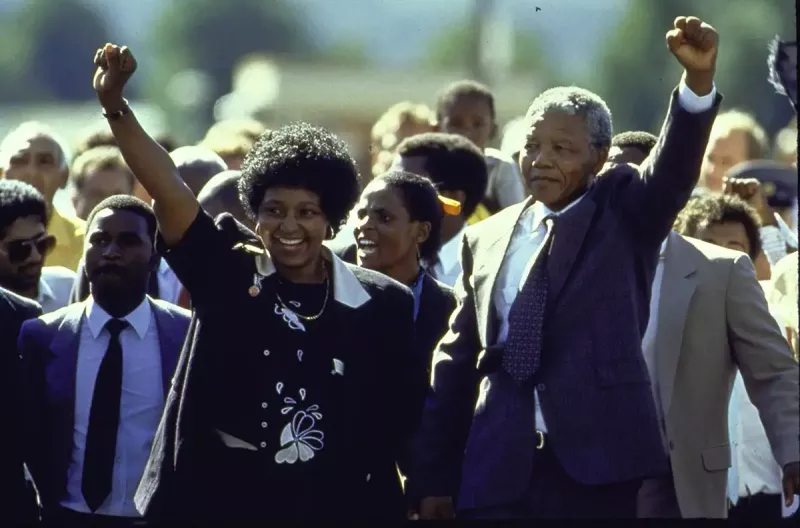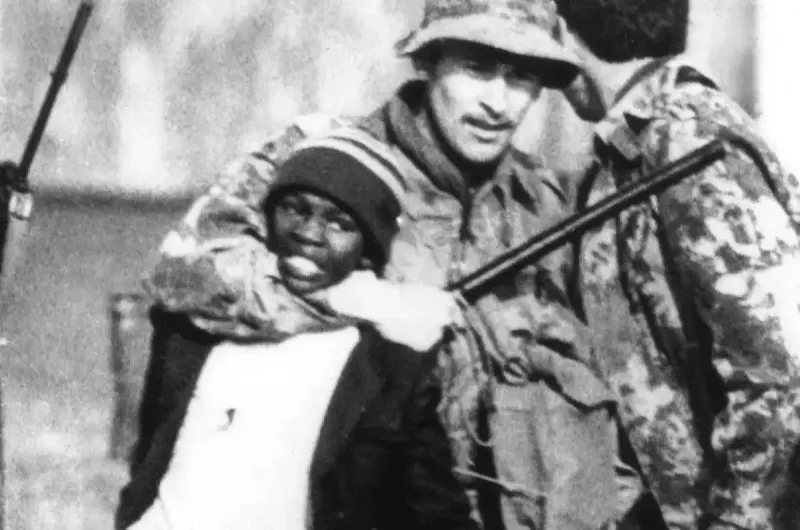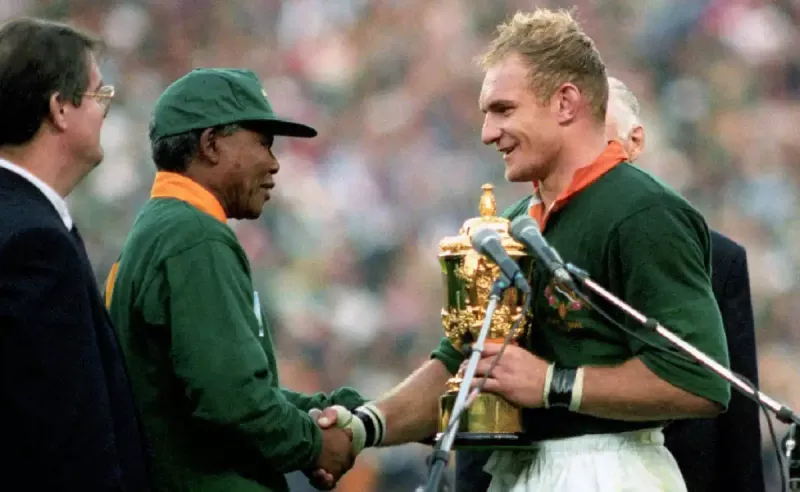Winning the Rugby World Cup was a long shot, but it was something Nelson Mandela knew South Africa had to do - for the sake of the entire nation.
On June 24, 1995, the Springbok captain Francois Pienaar was presented with the William Webb Ellis trophy in front of the crowd that had come to watch the final of the Rugby World Cup. Handing him the trophy was the South African president, Nelson Mandela, who had worked tirelessly so that this moment could be realized. For South Africa, this wasn’t merely winning a major sporting event. This was a triumph of peaceful unity against apartheid and a triumph of an entire nation succeeding in avoiding the very real threat of civil war, which loomed like the Sword of Damocles over the South African population in the early 90s.
For many South Africans, what the Springboks and Nelson Mandela had achieved was almost unthinkable and nigh impossible. The story of how it came to pass is a fascinating example of how humanity can overcome the most dangerous and difficult of obstacles.
For decades, South Africa had been shunned by the international community for its mandated racist policies. South Africans lived in an isolated world rife with paranoia and government censorship. By the late 1980s, the country was struggling. Internal strife, economic sanctions, and a decades-long war took their toll on South Africa. Black people were fighting to end the regime. It was a time when the end was in sight, but the end presented the real danger of a bloody civil war.
By the end of the 1980s, it was clear to the ruling National Party (NP) that their time was up. Apartheid would end, and the future looked bloody as many white people feared that black people would take revenge for decades of violent oppression. Indeed, this would have been the case had Nelson Mandela not appealed to human nature’s more rational and calm aspects. He convinced the African National Congress (ANC) not to seek revenge and promised white people peace if they were to relinquish their hold on the country.
You might also be interested








